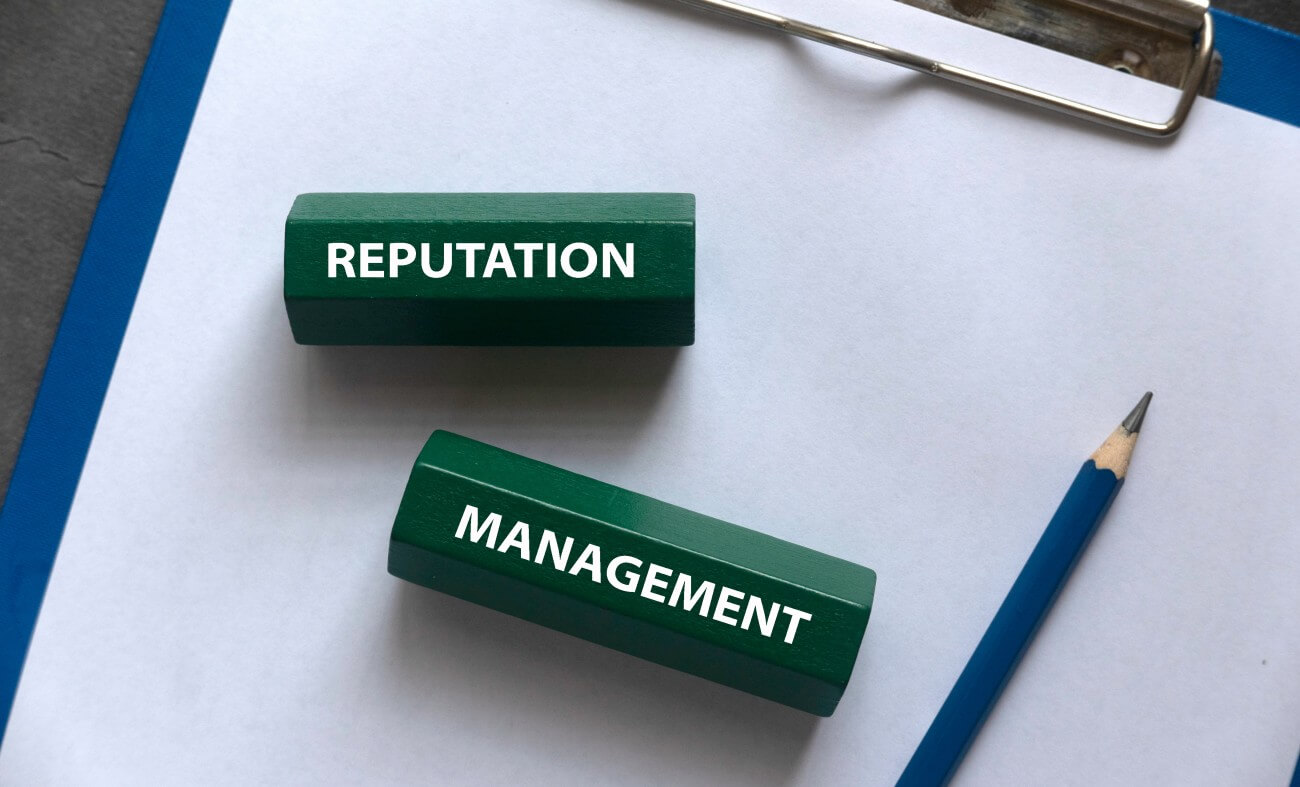
How to Protect Your Reputation in Times of Crisis?
C risis management is a crucial discipline within public relations, as any organization can face unforeseen situations that threaten its image and reputation. Implementing effective PR techniques for crisis management can help mitigate negative impacts and maintain the trust of our stakeholders.
“A quick and appropriate response is essential for controlling the narrative during a crisis.“
Firstly, we must have a well-developed crisis plan in place before any problem occurs. This plan should include detailed procedures for identifying and evaluating the crisis, a clearly defined crisis management team, and specific responsibilities for each team member. Advance preparation allows us to respond quickly and coordinatedly in the face of incipient chaos, minimizing confusion and panic.

Transparent and consistent communication is another key technique in crisis management. It is crucial for organizations to communicate facts clearly and honestly, without hiding relevant information. Keeping our stakeholders informed about what is happening, the measures being taken, and the next steps helps build trust and credibility. Additionally, it is important to maintain regular and updated communication through all available channels, including social media, to ensure the message reaches the entire target audience.
“Transparency and honesty are essential for maintaining trust during a crisis.“
Monitoring media and social networks also plays a vital role during a crisis. Using monitoring tools allows us to track media coverage and online conversations in real-time. This not only helps identify rumors and misinformation that need correction but also provides insights into public perception and the effectiveness of crisis communications. Quickly responding to negative comments and questions on social media can help contain the damage and show that the organization is taking the situation seriously.
Additionally, having a trained spokesperson is crucial for crisis management. This spokesperson must be able to communicate effectively with the media and the public, conveying calm and authority. Training in communication and media handling skills can prepare the spokesperson to face tough questions and manage interviews in high-pressure moments, allowing them to control the narrative and prevent the crisis from escalating.
“A trained spokesperson is the voice of reason and calm amidst the chaos.“
Finally, it is essential to learn from each crisis to improve future strategies. Once the situation has stabilized, we must conduct a thorough evaluation of the crisis management. This includes analyzing what worked well, identifying areas for improvement, and updating the crisis plan accordingly. Undoubtedly, lessons learned from a crisis can strengthen our preparation and response to future adverse situations.
